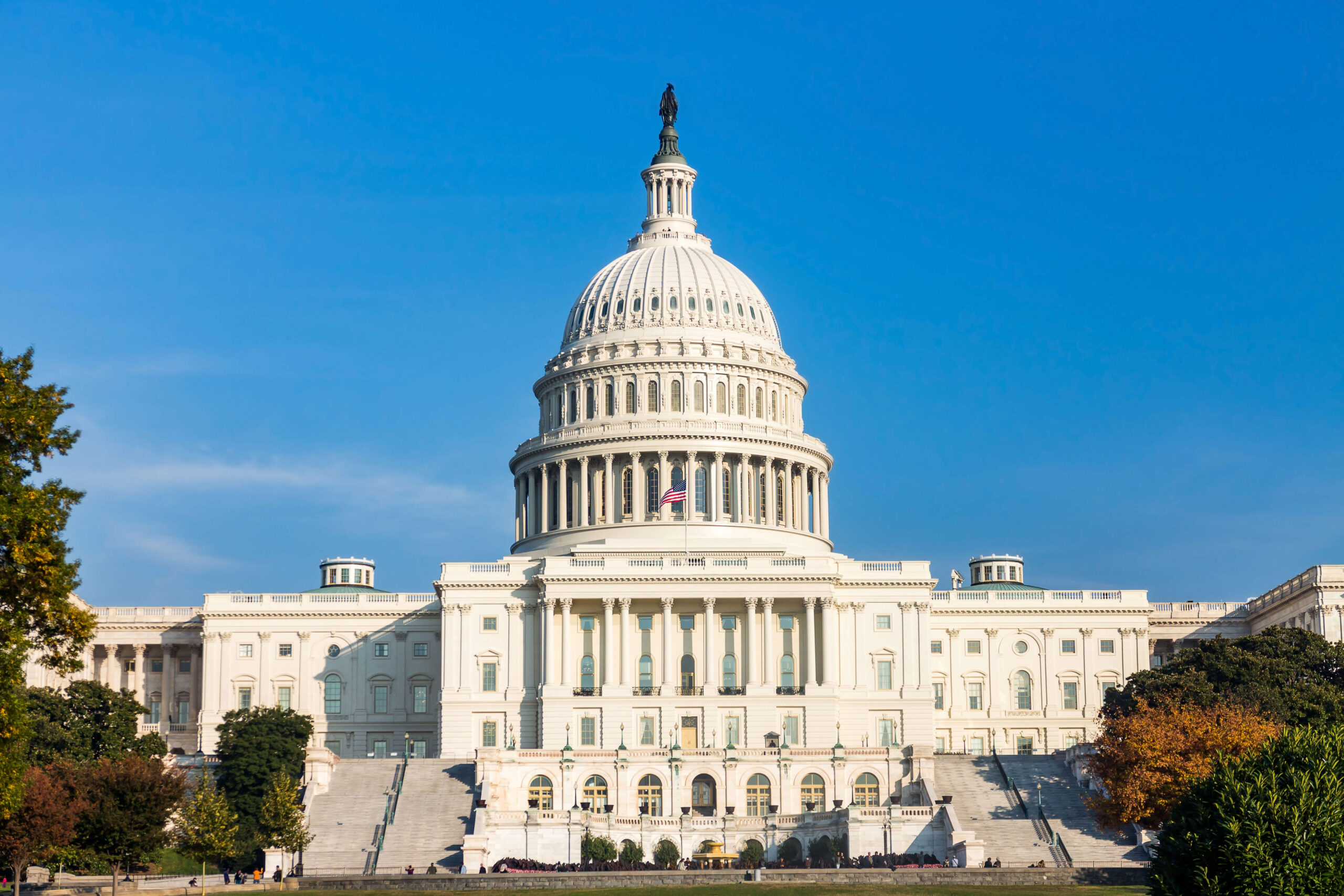On June 17, 2021, President Joe Biden signed the Juneteenth National Independence Day Act, making June 19 a legal public holiday. Juneteenth is the day that commemorates the emancipation of enslaved African Americans in the United States. June 19, 2021, will be the 156th anniversary of Juneteenth. At the White House signing ceremony, Vice President Kamala Harris stated: “We are gathered here in a house built by enslaved people. We are footsteps away from where President Abraham Lincoln signed the Emancipation Proclamation.” “We have come far, and we have far to go. But today is a day of celebration. It is not only a day of pride. It’s also a day for us to reaffirm and rededicate ourselves to action,” stated Vice President Harris.
Practical Impact for Employers
The new law gives federal workers a paid day off or one-and-one-half times their regular rates of pay if they must work on or around June 19—depending on the day of the week on which the holiday falls. Because June 19, 2021, falls on a Saturday, the holiday will be observed on Friday, June 18, 2021. It is expected that employers in the private sector will also start treating Juneteenth as a paid holiday.
Background
On January 1, 1863, President Lincoln’s Emancipation Proclamation became effective. Nevertheless, on June 19, 1865, Union Army General Gordon Granger announced in Galveston, Texas, federal orders proclaiming all enslaved people in Texas free. Before that date, enforcement of the Emancipation Proclamation had presented a challenge in Texas due to the state’s geographic isolation and resulting lack of Union soldiers in the state. Moreover, the Emancipation Proclamation applied only to states that were in rebellion against the union. Approximately six months later, the ratification of the 13th Amendment abolished slavery in the United States. Currently, 47 states and the District of Columbia recognize Juneteenth as either a state holiday or a ceremonial obervance.








